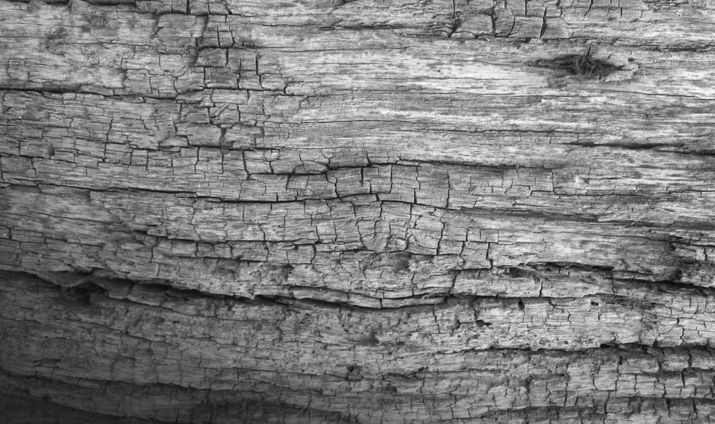Journal for Artistic Research (JAR) issue 16 |
|
The online, peer-reviewed journal for the publication and discussion of artistic research. JAR is open-access, free to read, and to contribute. Christopher Williams, ‘Anarchiving (in) Ben Patterson’s Variations for Double-Bass’ Eric Souther, Laura McGough, and Jason Bernagozzi, ‘Responsive Aesthetics: Remediating Digital-to-Analog Television Converters as Artist Tools’ Barbara Macek, ‘Between Agony and Ecstasy: Investigations into the Meaning of Pain’ Heidi Marika Fast, ‘Vocal Nest – non-verbal atmospheres that matter’ Lise Hovik, ‘The Red Shoes Project Revisited’ Keywords include: anarchive, datamoshing, experimental music, fluxus, medicine, non-verbal, pain, performing arts for children, psychology, reanimation, sensate knowledge, signal processing, sound art. Michael Schwab’s editorial for JAR 16 addresses the issue of achieving quality in artistic research. He writes: In art […] both form and content are crucial; hence, the notion of quality must apply to more aspects of a project and in particular to the relations between them. This creates a much more complex situation for the makers of research as well as for reviewers and readers, since particular choices will only make sense if they are understood in the context of other choices – presenting research is not only a production but also an often open-ended calibration process. … Take a look at JAR16 and read the full editorial here. In the ‘Network’ pages of JAR’s website a further three reflections have been published. In ‘Building a Culture for Dissemination of Artistic Research’, Cecilie Broch Knudsen reflects on an investigation on publishing and dissemination of artistic research completed on request from the Norwegian Council for Artistic Research. Jessyca Hutchens, Anita Paz, Naomi Vogt, and Nina Wakeford, in ‘New Validities’, accompany their presentation of OAR, The Oxford Artistic and Practice Based Research Platform, with a broader reflection on how practice-based research ‘can offer new ways of conceptualising the legitimacy, sufficiency and adequacy of research’. Finally, in ‘Curating for Research’ Joey Orr describes his own curatorial work on the exhibition Terra Anima as a way to create spaces of open encounters between diverse disciplines observing the transformative potentials that they have, in particular for the site at which they take place. The ‘Network’ is a non-peer-reviewed space on the JAR website for discussion, reviews and opinion pieces relevant to artistic research and JAR’s community. It carries no restrictions in terms of language, length, topic or theme. Read all contributions here. The Journal for Artistic Research (JAR) is an international, online, Open Access and peer-reviewed journal that disseminates artistic research from all disciplines. JAR invites the ever-increasing number of artistic researchers to develop what for the sciences and humanities are standard academic publication procedures. It serves as a meeting point of diverse practices and methodologies in a field that has become a worldwide movement with many local activities. JAR provides a digital platform where multiple methods, media and articulations can function together to generate insights in artistic research endeavours. It seeks to promote ‘expositions’ of practice as research. In JAR artistic research is viewed as an evolving field where research and art are positioned as mutually influential. Recognising that the field is ever developing and expanding, JAR remains open to continued re-evaluation of its publishing criteria. If you are considering submitting something to the journal be sure to look at our guidelines. JAR works with an international editorial board and a large panel of peer-reviewers. Editor in Chief: Michael Schwab Editorial Board: Annette Arlander, Alex Arteaga, Lucia D’Errico, Barnaby Drabble, Mika Elo, Azadeh Fatehrad, Yara Guasque, and Mareli Stolp. JAR is published by the Society for Artistic Research (SAR), an independent, non-profit association. You can support JAR by becoming an individual or institutional member of SAR. For updates on our activities, join our mailing list. If you want to reach us, please use our contact form. Contact: jar@jar-online.net |

